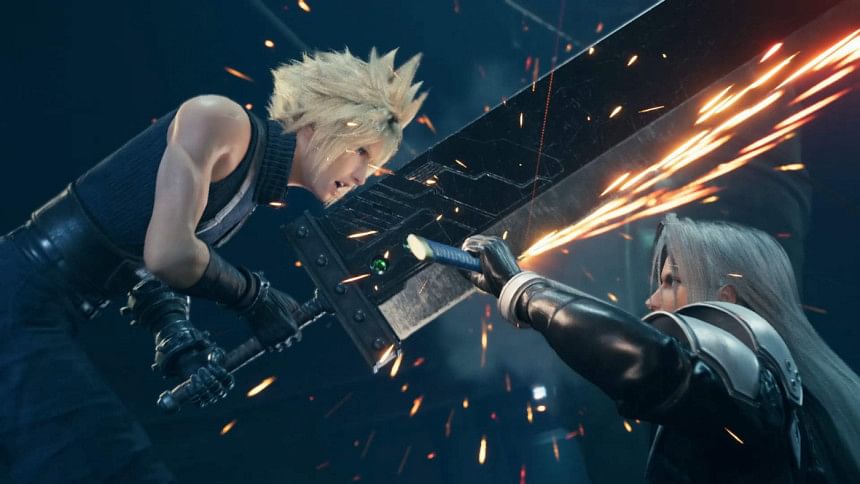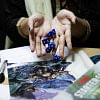Why you should care about the legacy of Final Fantasy

Here's a tiny story for you: it's a winter from a long time ago. A boy barely 14 years of age starts a game called Final Fantasy VI on an emulator with no prior expectations. As the game slowly opens itself, he watches the old-school 8-bit graphics play out a strikingly beautiful opening scene with cinematic potency. Soon after, the world unravels, and he finds himself adventuring across a land full of magic, technology, and strange magical beasts known as summons.
This is how it started for me, and this has become the legacy of not just Final Fantasy VI, but the franchise as a whole. Embarking on sweeping adventures, exploring fantastical concepts that play out through gripping, deep narratives over the span of dozens of hours, and meeting the liveliest of characters as you attempt to defeat whatever great obstacle you face – these are all that make up the experience of an average Final Fantasy game. None of the 15 mainline games are connected, so one can choose to start whichever title they fancy. Which is for the better given how every single title always is a different beast.
Final Fantasy VII offers a richly developed futuristic sci-fi landscape that explores the fundamental politics of capitalism, whereas Final Fantasy X offers little to no sci-fi elements, opting instead to explore the problems of religious dogmatism through the use of its host of characters.
But that's not to say there are no connections between the games. The threads are loose, and only specific elements cross over. Ideas like worlds filled with magic crystals, character combat archetypes, and mythical beasts that may either aid in combat or be foes to overcome form part of the skeleton of all Final Fantasy games. It's what gives them their identity. Yet, every single game innovates upon these elements with their stories and world-building.
A particular favourite of mine may be seen in Final Fantasy IV, where the archetype of the combat class of Dark Knight is used to explore the darkness inside the heart of our protagonist, Cecil, who undergoes a journey of growth away from a life of senseless violence. The story makes use of these fantastical elements to amplify the weight of the character's growth, and a similar style of narrative can be found across all entries. Some entries focus on singular characters, whereas others focus on entire ensembles.
Then comes the gameplay, those who are not keen on turn-based RPG combat systems may be pushed away from the franchise as it is notorious for maintaining turn-based combat for many of its entries. However, titles such as Final Fantasy XI, XIV, XV, and the upcoming XVI all follow combat systems that are more akin to real-time action RPGs, only with their own bells and whistles. Even the ones that follow the turn-based combat system tend to always attempt to reinvigorate said combat system, which frequently gives new life and personality to each game's experience.
Truthfully, I have not loved every single entry into the franchise. According to the consensus of the online community, I can tell you that I am not alone. But there is a particular magic these stories tend to have, something about the characters, their journey, and the music, all come together wonderfully for me to the point where even at its lowest I have always found something to love.
Recommend Raian your favourite jrpg at [email protected]

 For all latest news, follow The Daily Star's Google News channel.
For all latest news, follow The Daily Star's Google News channel. 








Comments